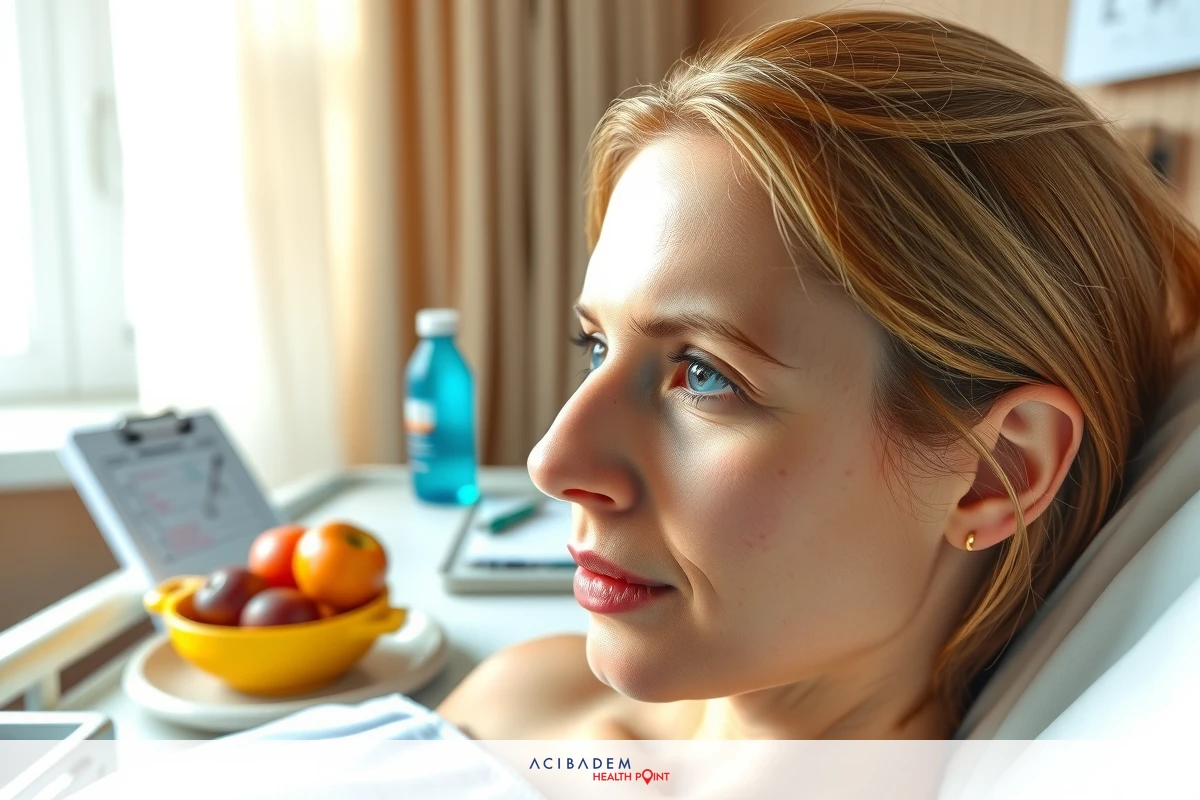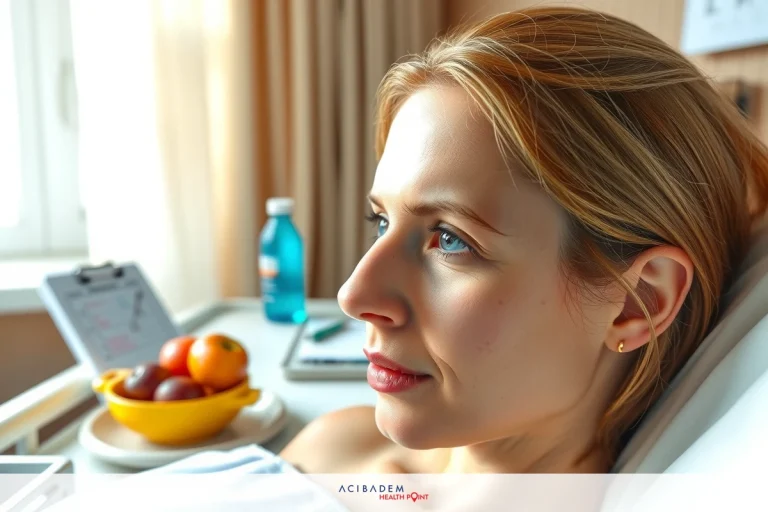How to Tape Nose After Rhinoplasty
How to Tape Nose After Rhinoplasty Rhinoplasty is an intervention that alters the shape or function of the nose through surgery. Part of the postoperative care involves taping the nose, a technique designed to minimize swelling and aid in the healing process. How to correctly tape your nose after rhinoplasty can be crucial in ensuring a smooth recovery and achieving the best possible result.
The diverse taping techniques can offer notable advantages during the recovery period after rhinoplasty. These methods not only help to reduce inflammation but also protect the delicate surgical area from potential damage. This article aims to provide information on proper post-operative care for your nose, including how to effectively use taping methods as a part of your healing process.
Taping Techniques for Rhinoplasty Recovery
Taping is a crucial part of rhinoplasty recovery and is used to minimize swelling and provide support to the newly sculpted nasal structure. The primary purpose of taping is to apply pressure to the skin and help it redrape onto the new nasal framework. This assists in reducing swelling, controlling edema, and preventing fluid accumulation beneath the skin. The type of tape used should be specifically designed for medical use, as it needs to adhere well but also be gentle on your skin.
The actual technique of taping involves several steps. The nose must be clean and dry before applying the tape. It’s important to avoid using lotions or creams as these can interfere with adhesion. The tape should start at the bridge of the nose, continue down the sides, and then wrap under the tip. It’s essential that the tape is applied smoothly without any wrinkles. Applying too much tension can cause discomfort and might disrupt the healing process.
Taping is typically advised for a period ranging from one week up to two months depending on your surgeon’s recommendation. During this time, it’s usually required for 24 hours a day during the first week after surgery, and only at night for the following weeks. Every person heals differently so guidelines may vary based on individual circumstances. Always consult with your surgeon for specific instructions tailored to your unique situation.
Knowing how to properly tape your nose post-rhinoplasty can significantly aid in your recovery process. It not only helps reduce swelling but also assists in achieving optimal aesthetic results by ensuring that the skin adheres correctly to the new structure of your nose. Observing these techniques can contribute positively towards a smoother healing process after rhinoplasty surgery.
Proper Post-Operative Care for Your Nose
Post-operative care is a critical aspect of rhinoplasty recovery and plays a noteworthy role in determining the final outcome of the surgery. One of the most important aspects of care involves protecting your nose from injury. During the initial weeks following surgery, it’s essential to avoid any activities that could potentially cause trauma to your nose, such as contact sports or wearing glasses directly on the bridge of your nose. It’s also recommended to sleep with your head elevated to reduce swelling.
Maintaining cleanliness is another key aspect of post-operative care. Keeping the surgical area clean helps prevent infections and promotes healing. It’s usually recommended to clean inside your nostrils gently with a cotton swab dipped in a solution prescribed by your surgeon. Be sure not to put any pressure on the nose while cleaning. Also, ensure to wash your hands thoroughly before touching your nose to avoid introducing bacteria to the surgical area.
Proper nutrition and hydration play pivotal roles in promoting faster healing after rhinoplasty. Consuming a balanced diet rich in proteins and vitamins can help speed up the recovery process. Staying well-hydrated is

equally important as it aids in flushing out toxins from the body and keeps the nasal tissues moist. Avoid alcohol and smoking as they can interfere with wound healing and prolong recovery time.
The period following rhinoplasty surgery requires diligent care and attention. By properly taping your nose, protecting it from injuries, keeping it clean, and maintaining good nutritional habits, you can ensure an optimal healing process and improve the final result of your procedure. Remember that each individual’s recovery journey is unique, so always consult with your surgeon for personalized post-operative care guidelines.
Frequently Asked Questions
How long do I need to tape my nose after rhinoplasty?
The duration of nose taping can vary depending on your surgeon's recommendation and the specifics of your surgery. In general, taping is typically required for about one week to two months. During the first week, it is usually advised to keep the tape on 24 hours a day. After that, it may be necessary to tape only at night for a few more weeks. Your surgeon will provide you with specific instructions tailored to your individual healing process.
Can I remove the tape on my own?
It is important not to remove the tape on your own unless instructed by your surgeon. Typically, the tape is removed during a follow-up visit when your surgeon determines it is appropriate. This ensures that the healing process is progressing well and that it is safe to remove the tape without causing any harm.
Will taping my nose cause any discomfort?
Taping your nose after rhinoplasty may cause some initial discomfort or tightness, especially during the first few days. As you get used to the sensation and as the healing progresses, any discomfort should gradually diminish. If you experience excessive pain, irritation, or if the tape feels too tight, it is important to contact your surgeon for further evaluation.
What should I do if the tape starts peeling off?
If you notice that the tape is peeling off or becoming loose, it is best to consult with your surgeon. They will provide guidance on whether you should reapply the tape or if it's time for it to be removed. Avoid attempting to reapply the tape yourself as improper application can lead to complications.
Can I apply makeup over the taped area?
It is generally recommended to avoid applying makeup directly over the taped area. Makeup products can interfere with the adhesion of the tape and may increase the risk of infection. You can consult your surgeon for specific guidelines regarding the use of makeup during your recovery period.
Please note that these FAQs provide general information and it’s important to follow the instructions and advice given by your own surgeon for your specific case.











